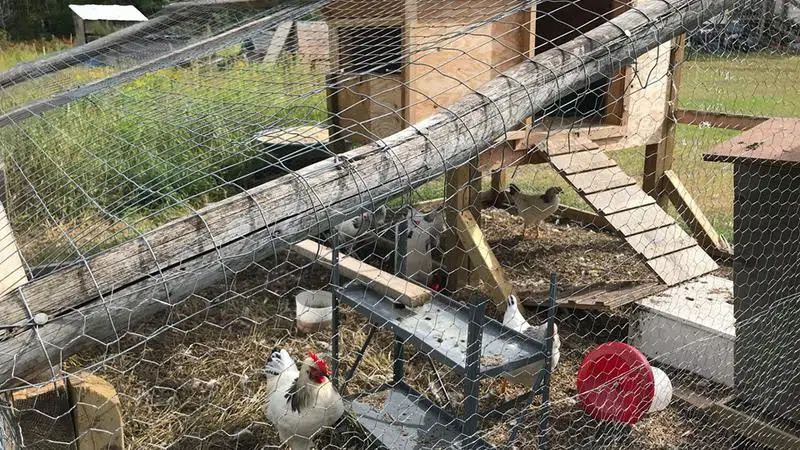
Beardy’s and Okemasis Cree Nation prepares for first egg harvest
Residents of Beardy’s and Okemasis Cree Nation will soon be able to taste the result of careful chicken rearing.
The birds, which some residents have been raising since May, are expected to reach maturity and lay their first eggs this fall.
Community nutritionist Alanna Remmen said the approximately 10 coops are part of a broader response to combat food insecurity.
“I think everyone deserves access to healthy affordable food,” she told paNOW. “We’re not too far away from the city but it’s still an issue for some people to have transportation to go all the way to Saskatoon to get cheaper groceries.”




